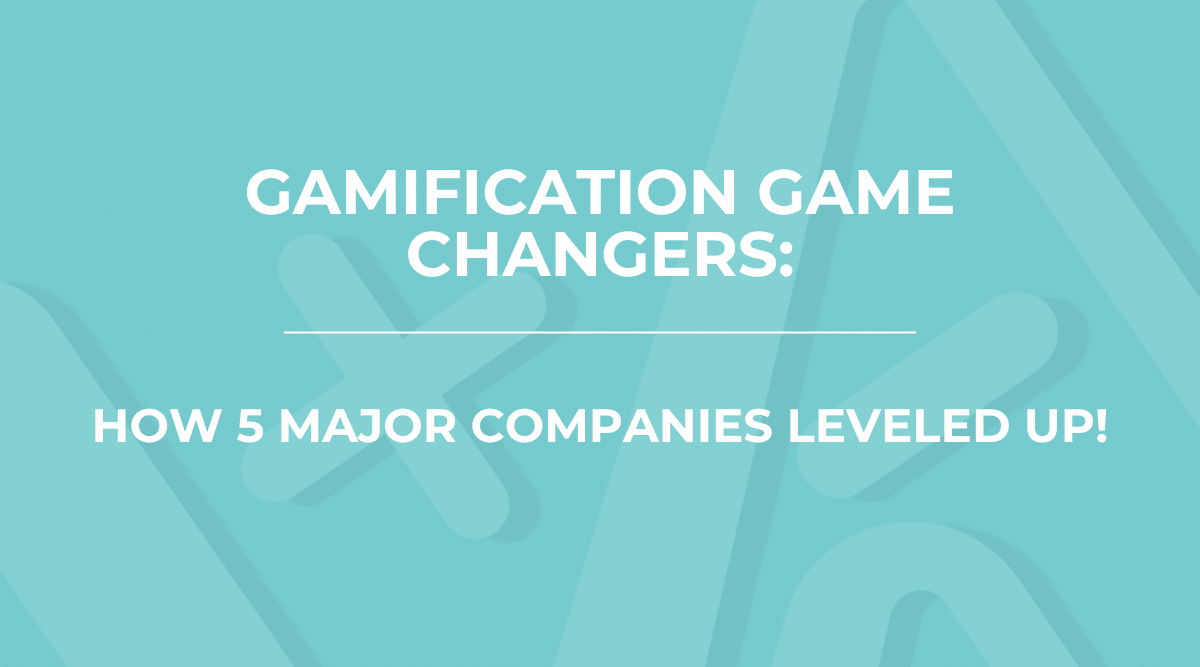The Power of Gamification
In the dynamic world of business, staying ahead of the competition demands a proactive and innovative mindset that extends beyond existing strategies. A noteworthy approach that has gained a great deal of attention in recent years is gamification—the strategic infusion of game elements into non-gaming contexts. This engaging and inventive strategy has proven to be a game changer for companies aiming to not only survive but thrive in the competitive landscape. By leveraging gamification, businesses can boost customer engagement, elevate employee motivation, and achieve comprehensive success.
This article explores gamification from an insightful perspective, shining a spotlight on five major companies—Nike, Starbucks, Duolingo, Salesforce, and Microsoft—that have effectively incorporated gamification into their operations. By delving into Nike’s revolutionary approach to fitness through the Nike+ platform, Starbucks’ customer loyalty program, Duolingo’s language learning experience, Salesforce’s gamified employee productivity tool, and Microsoft’s strategic use of gamification in user engagement, we uncover a variety of innovative strategies. These companies not only exemplify the successful integration of gamification principles but also serve as powerful case studies illustrating the dynamic impact of this approach across various industries.
-
Nike: Fueling Fitness with The Nike+ Platform.
Nike, a global icon in sportswear, has not only revolutionized the athletic wear market but has also reshaped the way people approach fitness through gamification. The Nike+ platform transforms workouts into a gamified experience, where users earn “Fuel Points” for various activities. By setting and achieving fitness goals, users not only enhance their well-being but also become part of a vibrant community. The gamified approach not only boosts customer engagement but also solidifies Nike’s image as a lifestyle and fitness partner, creating a lasting connection with its audience.
-
Starbucks: Loyalty Rewarded With The Starbucks Rewards Program
Starbucks, one of the biggest names in coffee culture, has brewed a recipe for customer loyalty through its Starbucks Rewards program. This gamification initiative rewards customers with stars for each purchase, contributing to their status level. Higher levels unlock exclusive rewards and personalized offers, transforming the act of buying coffee into a rewarding game. Starbucks has successfully turned casual customers into loyal brand advocates by tapping into the human desire for recognition and exclusive perks.
-
Duolingo: A Fun and Interactive Way to Learn New Languages
Duolingo has reinvented the education field by transforming language learning into a playful and engaging experience. Users progress through lessons, earning points and unlocking new levels as they go. The app introduces competition by allowing users to challenge friends and a global community. By gamifying language acquisition, Duolingo has made learning enjoyable, leading to higher user engagement and retention rates. This example showcases how gamification can extend beyond entertainment to revolutionize traditionally less exciting domains.
-
Salesforce: Boosting Employee Productivity with Work.Com
Salesforce, a leader in CRM solutions, has harnessed the power of gamification to enhance employee performance through its platform, Work.com. By incorporating game mechanics such as badges, leaderboards, and rewards, Salesforce motivates employees to excel in their roles. This not only fosters a healthy sense of competition but also creates a collaborative work environment. The gamification strategy has significantly increased productivity and job satisfaction, showcasing the potential of gamification in the area of employee engagement.
-
Microsoft: Gamifying Productivity with Microsoft Rewards
Microsoft has implemented gamification to incentivize users to stay within its ecosystem through the Microsoft Rewards program. Users earn points for using Microsoft services like Bing, Edge, and Xbox, which can be redeemed for various rewards. By turning routine activities into a game, Microsoft has successfully increased user engagement and brand loyalty across its diverse product offerings. This strategy illustrates how gamification can be applied to diverse business models, creating a unified and rewarding user experience.
Level Up Your Approach with Gamification
In conclusion, the success stories of Nike, Starbucks, Duolingo, Salesforce, and Microsoft underscore the transformative power of gamification in various business contexts. By tapping into human psychology and the innate desire for achievement and recognition, these companies have elevated their products, services, and brand image. As gamification continues to evolve, it presents an exciting avenue for businesses to redefine customer and employee interactions, setting the stage for a future where engagement and enjoyment are at the forefront of success.
As your business navigates the ever-evolving landscape, consider the potent tool of gamification to not only captivate your audience but also foster lasting connections. Whether you’re in retail, education, technology, or any other industry, the principles of gamification can be tailored to suit your unique objectives.
Ready to level up your business strategy? Explore how gamification could enhance your customer engagement, motivate your team, and propel your brand to new heights. The game-changing success stories we’ve explored here are just the beginning. Utilize the power of gamification and start creating experiences that resonate, inspire, and leave a lasting impact.
Book a demo with our team now!



